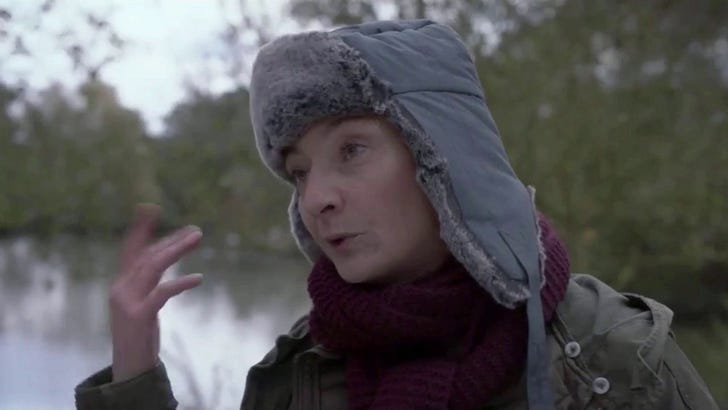Mare of Easttown is over. Now what do I do with the rest of my life?
The seven episode series, which streamed on HBOMax, got mixed reviews at first. But if the series was for a cult audience, it was a massive cult. When we tried to watch the final episode that aired at 10 PM last Sunday on HBOMax, we kept getting "inaccessible" messages. My wife Maureen checked Twitter, and all over the country people were having problems accessing Mare, so it seems that demand broke the HBOMax bandwidth. I don't know if that's really a "thing," but it's a guess.
On Monday evening, HBOMax was still a mess: the closed captioning was ahead of the visuals by almost a minute. We were able to watch on HBO. Because of hearing difficulties accrued by both age and a lifetime of rock concerts, I wear hearing aids all the time, and I'm very happy with my small, digital Oticons. (This is not product placement, although I'd like it to be: I once emailed Oticon suggesting using my endorsement for ads in, for exampl…
Keep reading with a 7-day free trial
Subscribe to Critical Conditions by Wayne Robins to keep reading this post and get 7 days of free access to the full post archives.



